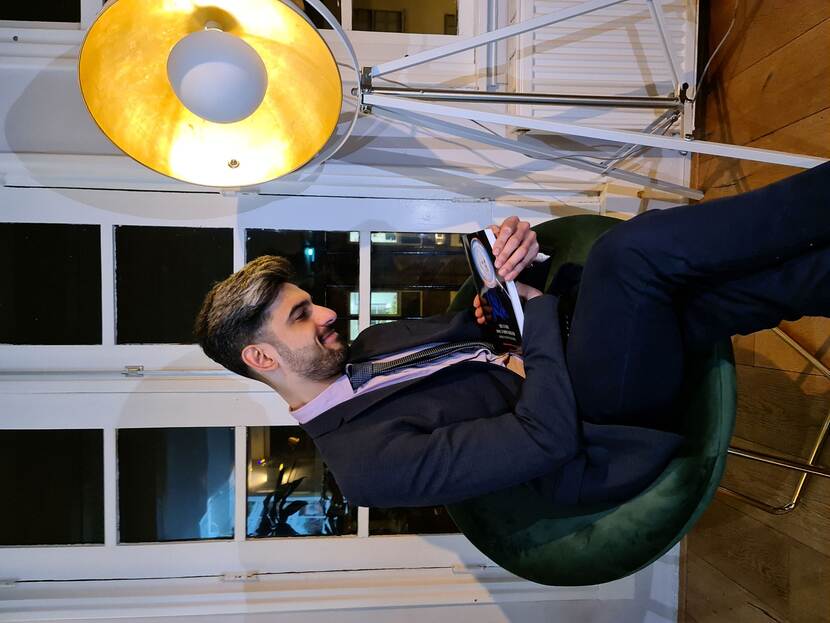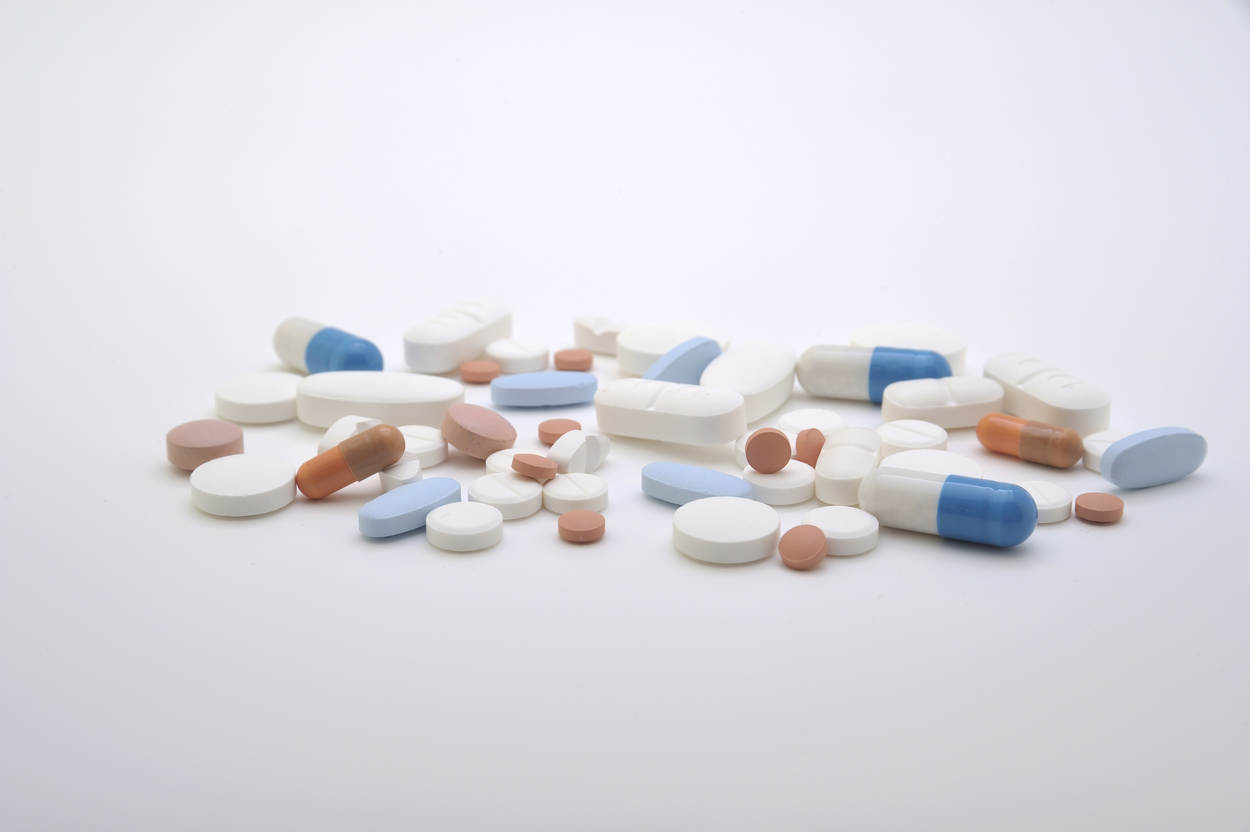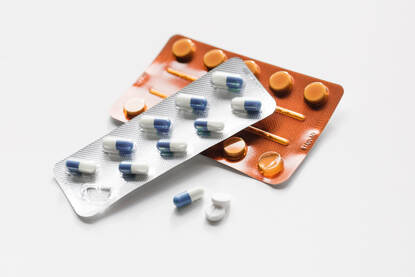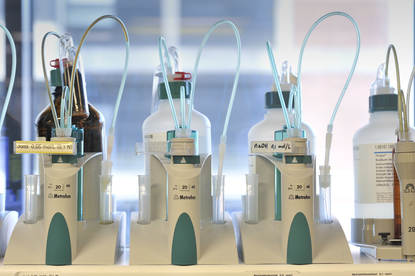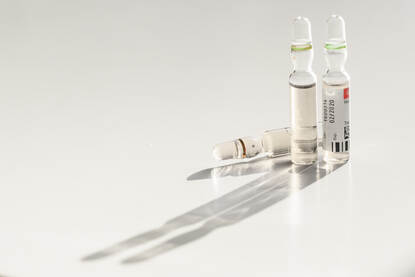We are delighted to announce that Jeroen Koomen and Guilherme Ferreira have successfully defended their PhD thesis in January 2021. We congratulate both of them! For this Regulatory Science Magazine we asked them both several questions about the research they conducted.
Jeroen Koomen started his career as a clinical pharmacokinetics assessor at the Medicines Evaluation Board (MEB), after successfully obtaining a Master’s degree in Pharmacy at Utrecht University. He combined working for the MEB with a PhD programme at the clinical pharmacy and pharmacology department of the University Medical Center Groningen (UMCG), in 2016.
The MEB is delighted that after his PhD he will continue working part-time at the MEB as a clinical pharmacokinetics assessor, in combination with his new position as postdoctoral researcher at the Department of Anesthesiology of the UMCG. His thesis focused on quantifying variability in plasma exposure and response using modelling and simulation techniques. Jeroen has therefore become an expert on this topic in the last few years and also became a member of the Modelling and Simulation Working Party of the European Medicines Agency in 2019.
Thesis highlight: Jeroen Koomen
Jeroen Koomen has successfully defended his PhD Thesis at the University of Groningen: “Pharmacokinetic Insights in Individual Drug Response. A model-based approach to quantify individual exposure-response relationships in type 2 diabetes.”
His supervisors were Prof. Peter Mol (MEB/University Medical Center Groningen (UMCG)), Prof. Hiddo Lambers Heerspink (UMCG) and Dr. Jasper Stevens (UMCG). You can find his thesis right here.
What is the most important message from your research?
Clinicians translate results of large outcome trials to an individual patient, but both treatment guidelines and clinical trials are not designed to take variability between-patients into account. This results in suboptimal individual treatment of patients. In my thesis, we showed that quantifying the dose-exposure-response relationship in patients with type 2 diabetes, using modelling and simulation techniques, provides the opportunity to identify predictors for treatment response and additionally provides insight whether dose modifications are able to improve individual treatment response.
What is the impact of your research for the MEB?
More and more marketing applications contain modelling and simulation analyses. These analyses vary from population pharmacokinetic models, in which the variability (between-subjects, between-occasions, etc. ) in the plasmaconcentration-time profile is quantified and partly explained by covariates, to advanced disease progression models, in which the variability in the pharmacodynamics or clinical outcomes over time is quantified and potentially also partly explained by covariates. Therefore, the models contribute to more evidence in special populations and
From a personal perspective, my PhD thesis improved my understanding of these models (strengths, limitations, assumptions, etc.), which enhanced my ability to adequately assess these models in a regulatory setting. From a MEB perspective, I am currently representing the MEB, together with Michiel van den Heuvel, in the Modelling and Simulation Working Party (MSWP) of the European Medicines Agency since the start of 2019. Modelling and simulations analysis are frequently submitted in marketing applications. Therefore, I believe more expertise in the field of modelling in simulation is a welcome addition for the MEB. Specifically with the future in mind as I expect that modelling and simulation analyses will be used more frequently and will have more impact in future marketing applications.
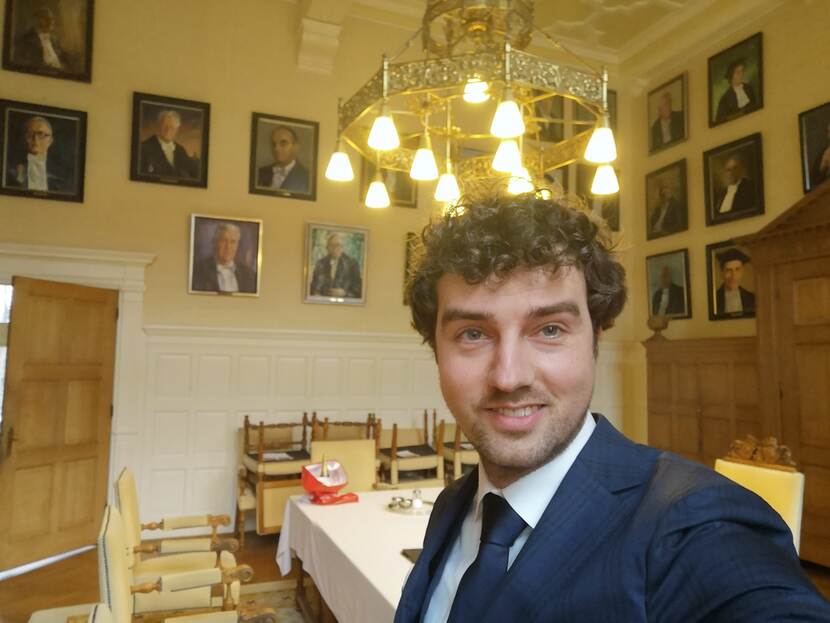
Guilherme Ferreira obtained a Pharmacy degree in Brazil in 2016. Shortly after, he started with his PhD project at the Department of Pharmaceutical Sciences of Utrecht University. For his research, among others, he worked closely with colleagues of the Medicines Evaluation Board, who are dedicated to research within the 3R’s (refinement, reduction and replacement of animal studies) research area. Guilherme will start as a Clinical Scientist at Janssen in mid-April.
Thesis highlight: Guilherme Ferreira
Guilherme Ferreira has successfully defended his PhD Thesis at the University of Utrecht (UU): “Tools to enable animal to human translation: Assessing the value of disease models” on 22 January 2021.
His supervisors were Prof. Huub Schellekens (UU), Prof. Ellen Moors (UU), Dr. Peter van der Meer (MEB/UU) and Dr. Wouter Boon (UU). You can find his thesis right here.
What is the most important message from your research?
Disease models must be selected according to their ability to recapitulate the human condition and their relevance to the tested drug’s mechanism of action. At the same time, a single disease model is unlikely to provide all the answers we are looking for in drug development – the key is to use different models to get a more accurate picture of a drug’s efficacy.
What is the impact of your research for the MEB?
Regulators are the gatekeepers of drug development. As such, the regulatory review process must require a more substantial justification of disease model selection and an extensive rationale for results’ translational relevance. My research offers ways to do so, but the most critical finding is that these questions need to be asked by regulators, which can require they are adequately answered.
